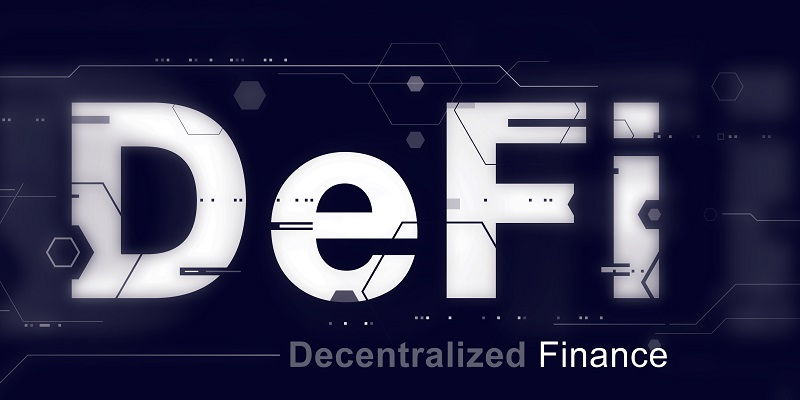The European Securities and Markets Authority (ESMA) recently released an insightful article addressing the potential risks and benefits of decentralized finance (DeFi) in the European Union (EU) market. As the popularity of DeFi continues to surge, this report aims to shed light on the impact this innovative financial sector may have on the established EU financial system.
Benefits of DeFi
ESMA openly acknowledges the promised advantages associated with DeFi. Notably, the potential for greater financial inclusion emerges as a significant benefit. DeFi platforms pave the way for individuals who have traditionally been underserved by traditional financial systems to gain access to various financial services and products. Additionally, DeFi opens doors to the development of innovative financial products that enhance liquidity, efficiency, and transparency within the market.
Uniswap’s mobile app
Uniswap, one of the leading decentralized exchanges operating on the Ethereum blockchain, recently launched a closed beta Android version of its mobile app on October 12th. The introduction of this mobile app reflects the growing demand for DeFi accessibility. Users can now conveniently engage in decentralized trading on the go.
The new Android beta app offers a range of features, including the ability to select coins on different chains without the need to switch networks. This seamless integration simplifies the DeFi experience for users, allowing them to explore various cryptocurrency options effortlessly.
Recovery of stolen cryptocurrency by Stars Arena
In a positive turn of events, Stars Arena announced a successful recovery of nearly all the cryptocurrency stolen in an October 7 exploit. Demonstrating their resolve to protect their users, Stars Arena implemented measures that enabled them to retrieve the majority of the stolen funds. As a form of incentive, they offered a 10% bounty to the person responsible for the nefarious act, which incentivizes ethical behavior within the DeFi community.
Platypus Flash Loan Exploit Loss
The vulnerability of DeFi protocols to flash loan attacks struck once again, as Platypus suffered a loss of over $2 million in assets. Flash loans, which allow users to borrow funds and execute trades within a single transaction, have emerged as a potential avenue for exploitation. This incident serves as a reminder of the importance of robust security measures within DeFi platforms and the continuous efforts required to protect user funds.
Lido Finance’s slashing events
Lido Finance, a popular staking platform, disclosed that it experienced 20 slashing events due to infrastructure and signer configuration issues. Slashing refers to the penalty imposed on validators who violate certain rules within proof-of-stake networks. Lido Finance’s transparency regarding these events serves as an example of the importance of open communication and accountability within the DeFi space.
Price action of the top 100 DeFi tokens
The top 100 DeFi tokens witnessed a mixed week in terms of price action, with most trading within a tight range. The volatility within the DeFi sector remains a characteristic that attracts both traders and investors seeking opportunities. However, the stability observed within these tokens suggests a consolidation period as the market adjusts and finds its equilibrium.
Total Value Locked in DeFi protocols
The total value locked (TVL) in DeFi protocols has reached an impressive milestone, surpassing $45.67 billion. This substantial figure reflects the growing trust and confidence in DeFi platforms as an alternative financial ecosystem. As more individuals recognize the potential gains and benefits of DeFi, the TVL is expected to continue expanding.
The ESMA report on DeFi serves as a comprehensive analysis of the risks and benefits associated with this emerging sector within the EU financial system. While acknowledging the advantages of DeFi, such as financial inclusion and innovative financial products, the report also underscores the inherent risks, including vulnerability to exploits and the need for robust security measures. As DeFi continues to develop and evolve, stakeholders must adopt a cautious yet proactive approach to foster a resilient and secure environment for participants in this groundbreaking sector.

